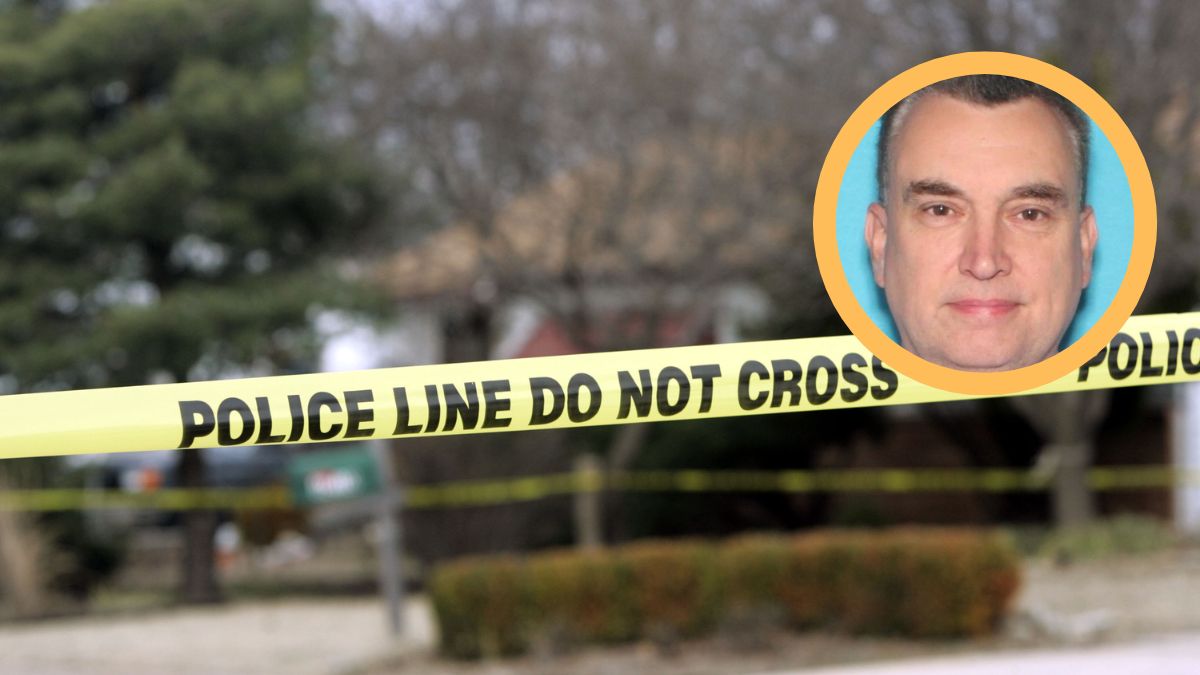
The decision to charge Vance Boelter with second-degree murder in the apparent assassination of Democratic politicians is pretty confusing. If you are wondering why he wasn’t immediately charged with first-degree murder, then you wouldn’t be alone. The issue is that first-degree murder involves premeditation.
Since the known facts suggest the attack was planned, this should be where the prosecution heads. Starting with second-degree murder doesn’t mean prosecutors can’t prove a more serious charge. According to MSNBC, it is a strategic choice based on Minnesota’s legal procedures.
One major reason for the initial second-degree murder charge lies in how Minnesota handles different types of criminal cases. For crimes that could result in life imprisonment, like first-degree murder, state law requires prosecutors to use a grand jury. A grand jury is a group of citizens who review evidence to decide whether there’s enough proof to formally charge someone. This process can take time, delaying an arrest. Basically, they needed to arrest this Trump voter now, not later.
The democrat leader assassination suspect may still get a first-degree murder charge
Second-degree murder, while still a very serious crime, carries a maximum sentence of 40 years in prison. Because the penalty is less than life in prison, prosecutors don’t need a grand jury to file charges. Instead, they can issue a complaint, which is a direct accusation based on evidence, allowing them to get an arrest warrant quickly. This difference explains why the Hennepin County Attorney’s Office started with a second-degree murder charge: it allowed them to arrest Boelter as fast as possible.
Breaking: They caught the right wing lunatic pic.twitter.com/wglZ5TfdSM
— Keith Edwards (@keithedwards) June 16, 2025
Boelter could face federal charges. Crimes targeting public officials or involving interstate issues often draw federal attention. Federal prosecutors could bring their own case alongside the state’s, meaning Boelter might have to defend himself in multiple courts.
To sum up, the initial second-degree murder charge was a tactical decision to ensure a fast arrest under Minnesota’s legal rules. It doesn’t mean prosecutors believe the crime was less serious or that they won’t seek harsher charges later.







